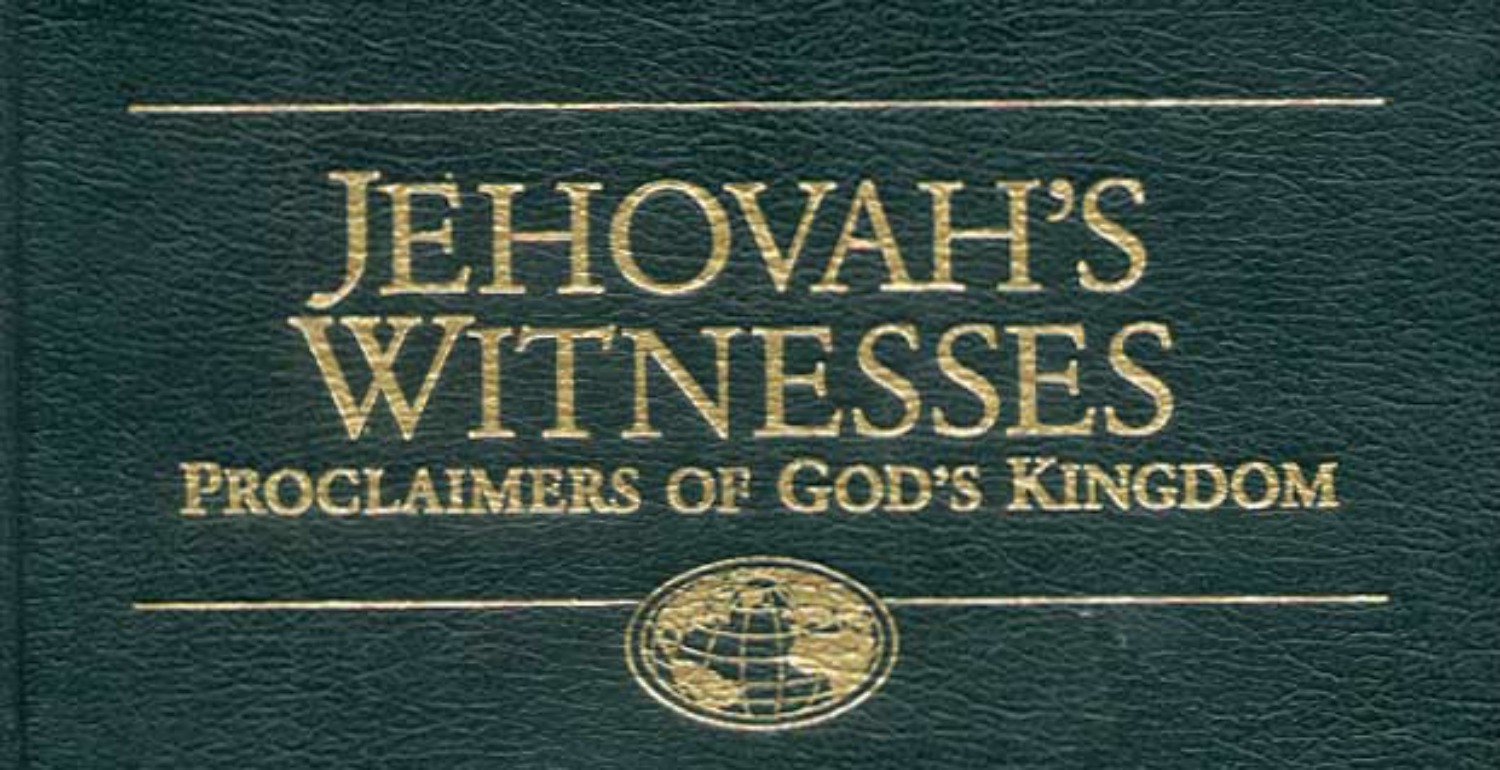By H. Knox Thames, CSCE Counsel
Over the past two years, mob violence against minority religious groups has plagued the Republic of Georgia, a participating State in the Organization for Security and Cooperation in Europe (OSCE) since 1992. A country of five million people, Georgia has seen more than its share of sectarian violence, as individuals propagating religious chauvinism conduct a campaign of brutality against other religious communities. Adding to this, police units have reportedly participated in violence against minority religious groups, or have failed to respond to attacks in an adequate fashion. As a result, a number of minority religious communities remain at risk in Georgia today as depredations continue with impunity.
As an OSCE participating State, Georgia pledged to uphold freedom of thought, conscience, and religion or belief for all individuals, without distinction. As stated in the 1983 Madrid Concluding Document, participating States “agree to take the action necessary to ensure the freedom of the individual to profess and practice, alone or in community with others, religion or belief acting in accordance with the dictates of his own conscience.”
Since 1999, organized mob brutality against minority religious groups has gradually escalated, with the Jehovah’s Witnesses being a repeated target. As stated by the Department of State’s 2001 International Religious Freedom Report, local “police and security officials at times harassed nontraditional religious minority groups and were complicit or failed to respond to attacks by Orthodox extremists against Jehovah’s Witnesses and other nontraditional religious minorities.” Despite the inability of Georgian authorities to incarcerate the perpetrators, the 1995 Georgian Constitution does guarantee protection.
Despite constitutional protections, over the past two years, approximately 80 attacks against Jehovah’s Witnesses have taken place, mostly led by Vasili Mkalavishvili, a defrocked Georgian Orthodox priest, and Paata Bluashvili, the director of the Orthodox “Jvari” Union. While victims have filed more than 700 criminal complaints, the authorities have not responded, leaving the perpetrators free to repeat their attacks.
Reports give startling examples of individuals being dragged by their hair into a group, only to be pummeled with punches, kicks and clubs. Buses taking Jehovah’s Witnesses to various events have been stopped by police, and then attacked by Mkalavishvili’s and Bluashvili’s mob. In September 2001, Bluashvili led an attack during a Jehovah’s Witness religious service, with some of his militants brandishing firearms. In addition, Mkalavishvili, viewing himself as a pugilist defending Georgian Christianity, reportedly declared Jehovah’s Witnesses “should be shot, we must annihilate them.”
Soon thereafter, with the violence steadily increasing and the government declining to intervene, Jehovah’s Witnesses conducted their activities in private, and for four months no violence occurred. However, in April of this year, that calm was shattered when Mkalavishvili’s and Bluashvili’s mob attacked on two separate occasions private homes that were hosting meetings. Considering the brutality Mkalavishvili and Bluashvili have displayed, it is astonishing that to date no fatalities have occurred.
While the Jehovah’s Witnesses have borne the brunt of these attacks, other minority religious communities have also suffered under this vigilantism. Last year, during choir practice of a Pentecostal church, Mkalavishvili’s militants raided the building, seriously injuring twelve church members. A mob exceeding 100 hooligans targeted an Evangelical church two days before Christmas 2001, clubbing members and stealing property. In February of this year, Mkalavishvili’s mob tried to raze a warehouse owned by the Baptist Union, burning Bibles and religious materials. Mkalavishvili organized approximately 150 followers in three buses to accomplish this goal. In addition, Mkalavishvili has targeted the offices of government ombudswoman Nana Devdariani, the Tbilisi based NGO Liberty Institute, and the Rezonansi newspaper. The police have consistently refused to restrain the attackers, with only a few exceptions to note.
Unfortunately, the judicial system has proven equally inept. On January 25th, prosecutors commenced legal proceedings against Mkalavishvili and one of his lieutenants for two mob attacks, although the minor charges brought do not reflect the gravity of their crimes. Yet, since the first hearing, the commitment of Georgian officials to vigorously prosecute Mkalavishvili has been evanescent. The case has been postponed five times, most recently due to the prosecutor failing to appear. These delays can be attributed to Mkalavishvili’s mob, sometimes numbering in the hundreds, maintaining a menacing presence both outside and inside the Didube-Chugureti District Court. At several hearings, large numbers have crashed into the court while carrying wooden and iron crosses, as well as banners with offensive slogans. Obviously feeling immune from government action, Mkalavishvili has used the courtroom itself as a platform, reportedly threatening lawyers and victims through a megaphone. Evidence of these events is readily available as local television stations are usually tipped in advance, airing footage of the attacks and interviews of Mkalavishvili and Bluashvili on the nightly news.
Despite fervent appeals by victims and their lawyers, the police have refused to provide adequate courtroom security. Attorneys for the victims even petitioned the court for assistance, only for the judge to decide no more than 10 police officers would be permitted. Inexcusably, the judge put no limit on the number of Mkalavishvili’s followers granted access to the courtroom. In a stark contradiction, more than 200 police and a SWAT team were ordered to protect officials from the Ministry of Interior when Mkalavishvili was brought to trial under different charges.
In sum, the Georgian Government is proving ineffective in ameliorating the situation and protecting its citizens, regardless of their religious faith, from mob violence. Meanwhile, President Eduard Shevardnadze has held meetings with faith communities to demonstrate religious tolerance.
He has also issued a presidential decree calling for the Ministry of Interior to take action, but by allowing lawless bands of militants to attack peaceful gatherings, his illusory actions are speaking louder than his words. By allowing the strength of the police and judicial systems to become a farce, it will only further encourage contravention of Georgian laws. However, despite actions demonstrated to date, the Georgian Government can end the attacks and bring to justice the perpetrators of this brutality.




